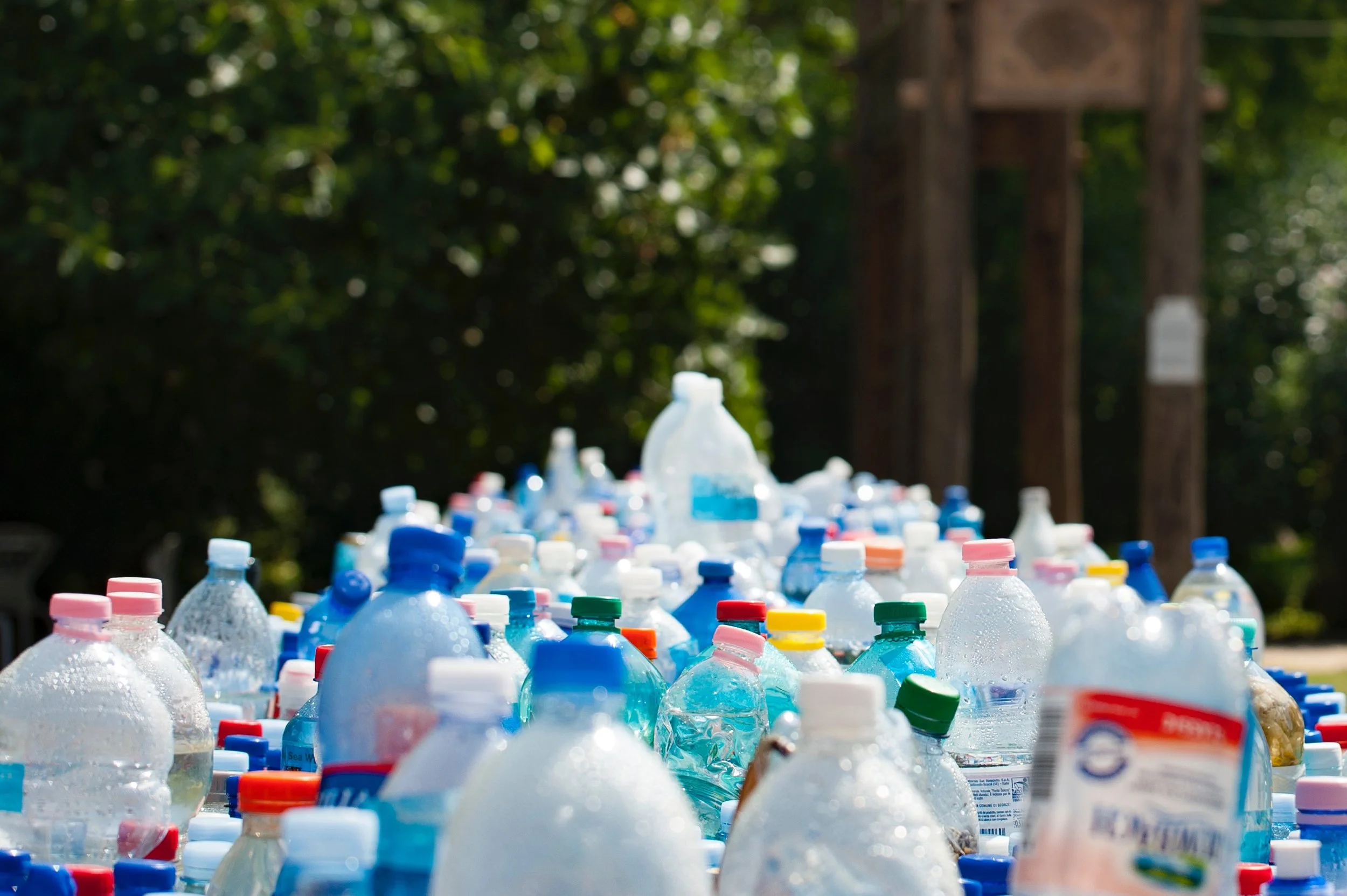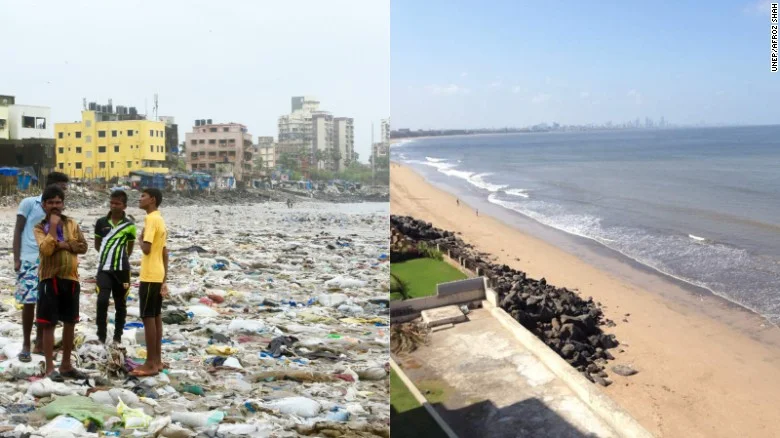Written by Kylie West
One of the most critical actions we can take to protect whales and dolphins is reduce our usage of plastics, which all too often end up in the ocean. In fact, it’s predicted that by 2050, there will be more plastic in the ocean than fish. According to research, ten percent of all whales and dolphins have ingested plastic. Plastic stays in animals’ digestive tracks and can easily result in death. On June 2, 2018, a Guardian article reported that a whale died from eating more than 80 plastic bags. Another such tragedy involved sperm whales in the Mediterranean, where nine out of 24 carcasses revealed that the animals’ stomachs were blocked by large amounts of plastic. Sadly, plastic-related cetacean deaths such as these are not uncommon.
Sperm whale mistaking a plastic bucket for food photo courtesy of DailyMail.com
If you’re interested in learning more about the global plastic waste problem, you can download the report on this from the World Economic forum website here.
The good news is that individual actions really do make a difference, and the more people who take action and reduce their plastic usage, the greater the impact. Here are some simple steps you can take to reduce your plastic usage:
Carry a reusable water bottle. According to figures obtained by The Guardian, one million plastic bottles are bought around the world every minute. Efforts to collect and recycle water bottles are failing to keep up with such an alarming number. One of the most effective things you can do is carry a reusable water bottle with you and avoid purchasing plastic water bottles.
Bring your own shopping bag and say “no” to plastic bags. According to Ocean Crusaders, shoppers are using approximately 500 billion single-use bags per year. Plastic bags are easy to avoid using. With a sturdy canvas tote, your groceries are also much less likely to fall out of the bag on your way out of the grocery store!
Buy in bulk, and try to shop locally. If you’re located in the Bay Area, some great options for bulk shopping include Whole Foods and Rainbow Grocery Cooperative. Just remember to bring your reusable containers (such as reusable bulk bags or mason jars) and have them weighed in the store before you fill them! You can purchase nuts to cereal to salt in bulk, and you may also find you save money doing so. Another consideration as an eco-friendly consumer is to find your local farmers’ market, where you support local farmers while bagging your own purchases.
Say no to the straw, or purchase a metal one. Get in the habit of asking your server or bartender to leave out the straw when you’re dining out. If you’re a fan of iced lattes, purchase a reusable tumbler; they often come with a reusable straw, too. Encouraging news to note: an increasing number of large companies, including Starbucks and Alaska Airlines, are ditching plastic straws entirely.
Buy reusable items for the kitchen. You may be surprised to learn how many plastic-free storage and kitchen items exist, including reusable Ziploc-style bags. Mason jars are a great option for storing any food you buy in bulk. Other examples include:
Beeswax wrap as a replacement for saran wrap, which you can purchase here. Vegan versions of this also exist now!
Glass storage containers, which can be found anywhere from a local hardware store to Amazon
Compostable parchment paper, which you can also find on Amazon
Let’s take inspiration from the result of the world’s largest beach cleanup in Mumbai, which took 85 weeks to complete. It’s a wonderful representation of how seemingly small efforts can be influential and simply must be taken one step at a time. It may be one single beach, but plastic removed from one beach results in less plastic drifting into the ocean, perhaps protecting at least a few more cetaceans’ lives.
Before and after photos of the world’s largest beach cleanup photos courtesy of the Daily Mail




